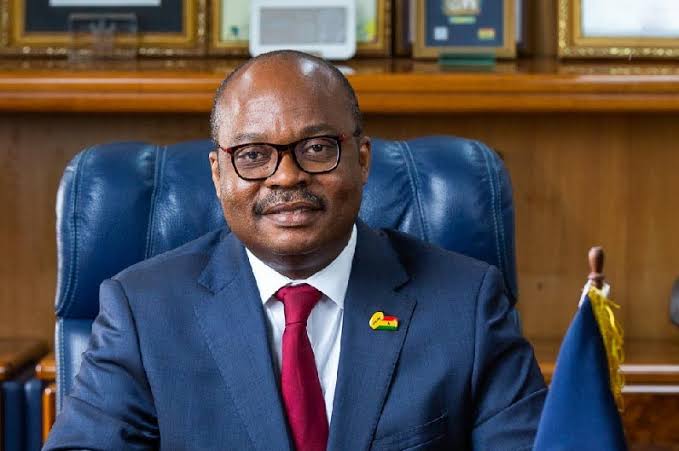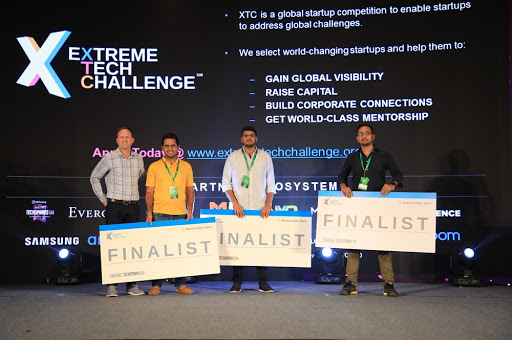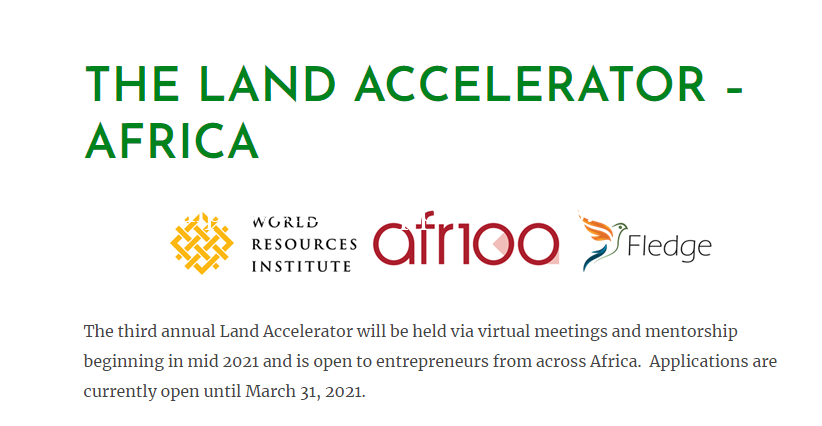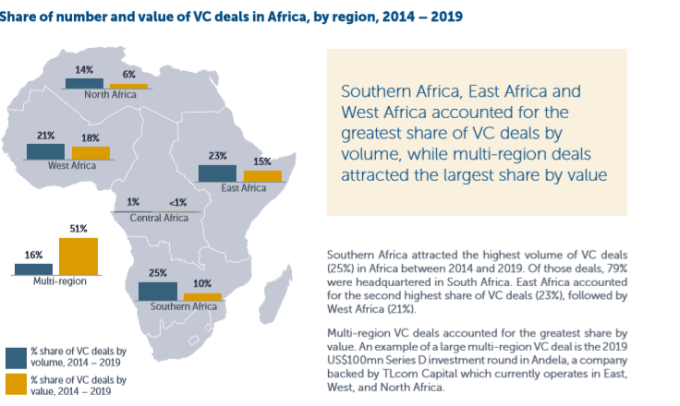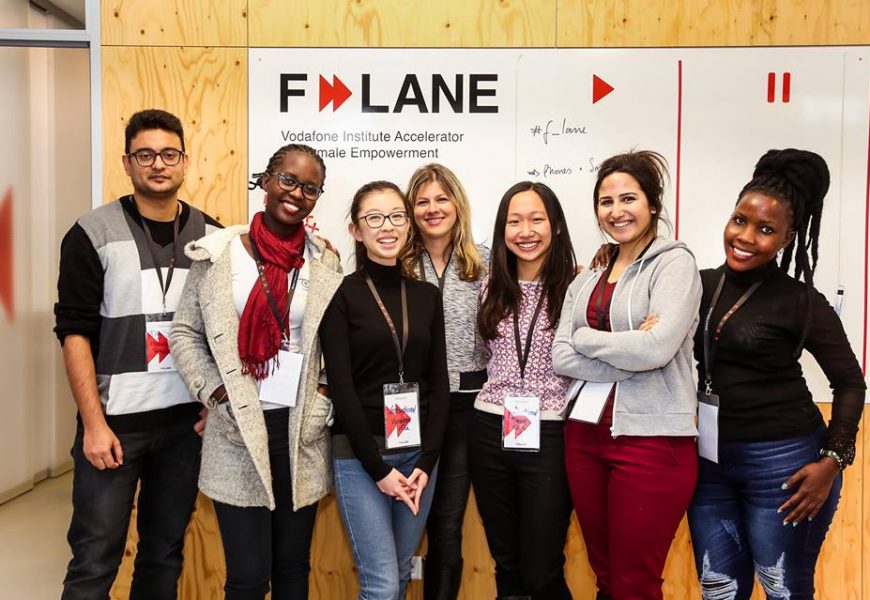How Can Foreign Remittance Companies Partner With Local Fintech Startups In Ghana, Without Physical Presence?
Foreign remittance companies desiring to partner with fintech startups in Ghana will derive their motivation from the fact that West Africa — especially Nigeria and Ghana — is the hotbed of international remittances in Africa. In 2019, before the coronavirus shawled the world, Nigeria was Africa’s largest recipient of remittance flows with $23.8 billion followed by Ghana ($3.5 billion), with Kenya receiving $2.8 billion, even though Ghana is the 14th most populated country in Africa, behind countries like Egypt, South Africa, etc.
However, while it may be difficult to explore the Nigerian remittance market as a foreign fintech company — given the country’s central bank’s recent policies against international remittance platforms — it is relatively easier to launch presence in Ghana as a foreign remittance company.

Zeepay, one of Ghana’s money transfer services recently announced a partnership with Transfast, a Mastercard company and cross-border payments service provider. The partnership will enable consumers around the world to send money directly to more than 20 million mobile money wallets in Ghana.
Here Is What You Need To Know
Partnering With Local Fintechs
Currently, according to Bank of Ghana’s rules on foreign remittances, the only way foreign money transfer companies can partner with local fintechs in Ghana for remittance services without establishing any physical presence is by partnering with either of the two types of fintech license holders:
1) Dedicated Electronic Money Issuers (DEMIs); and
2) Enhanced Payment Service Providers (EPSPs).
A Dedicated Electronic Money Issuers (DEMI) in Ghana is an fintech company licensed under Section 24 of Ghana’s Payment Systems and Services Act of 2019. Generally, a DEMI exists to offer electronic money services. The license is relatively new in the country with Zeepay picking up the first ever DEMI license just recently in 2020. As of now, only about 5 fintech companies have the license in Ghana —that is, apart from Zeepay, Airtel Mobile, Vodafone Mobile, others are GCB G-Money and Yup Ghana Limited.
On the other hand, an Enhanced Payment Service Provider license offers a wider range of benefits, including but not limited to ability to support provision of services including electronic funds transfer, facilitation of interoperability of payment systems and services. It also allows a company to embark on the provision of services such as supporting the payment system aggregation, provision of electronic platforms for payment or receipt of funds, and the provision of technological services to facilitate switching, routing, clearing and data management. The Bank of Ghana, also, most recently released a list of 18 approved Enhanced Payment Service Providers, although the country’s first ever payment service provider license was given to Nsano Limited only in May 2020.
The implication of the above is that partnerships with local fintechs are relatively at their early stages in the west African country.

What Must A Foreign Fintech Company Do To Establish Partnership With A Local Fintech?
Generally, there is no limit to the number of foreign fintech companies a local fintech company can partner with, but for every of such partnerships to be approved by the Bank of Ghana, the following conditions must be met:
- The foreign fintech company must have been in existence for not less than three years and must have been licensed by its country of registration to carry out international money transfer services. In other words, the company must be well established in the business of money transfer, especially in terms of volume and value of transactions, number of countries of operation as well as number of customers served.
- The foreign company must enter into a formal partnership agreement with the local fintech company. This is usually done by signing a Service Level Agreement (SLA) with the local company. The SLA must thoroughly detail all the services to be provided under the agreement.
- The foreign fintech company must also submit notarised declarations that its directors have not been directly concerned in the management of any licensed institutions, the license of which has been revoked.
- The foregin fintech company must also submit notarised declarations that its directors or shareholders have not been indicted for offences related to illegal conduct, inappropriate business practices, financial loss due to dishonesty, incompetence, malpractice, or involved in business practices which are deceitful, oppressive or otherwise improper (whether unlawful or not).
- The foreign fintech company must not come from a country which does not implement and enforce Anti-Money Laundering /Combating the Financing of Terrorism frameworks in line with Financial Action Task Force (FATF) recommendations and which must not have come under adverse findings from mutual evaluation report or cited for AML/CFT infringement.
- The foreign fintech company must also provide evidence of adequate data protection policies in place as well as evidence of compliance with international best practices. In this regard, a data protection certificate may serve.
How Long Does It Take To Get Regulatory Approval For Such Partnerships?
According to the Bank of Ghana, it takes ninety (90) days — following receipt of a complete application or where further information has been required, after receipt of the information — to grant or refuse the partnership. The country’s Head of the FinTech and Innovation Office of the Bank of Ghana approves or refuses the approval of such partnerships.
For more on what is required of a partner local fintech company before the partnership can be approved, click here.
| Institution | Licence Type |
|---|---|
| Airtel Mobile Commerce (Ghana) Limited | Dedicated Electronic Money Issuer |
| GCB G-Money | Dedicated Electronic Money Issuer |
| Yup Ghana Limited | Dedicated Electronic Money Issuer |
| Vodafone Mobile Financial Services Limited | Dedicated Electronic Money Issuer |
| Zeepay Ghana Limited | Dedicated Electronic Money Issuer |
| AppsNmobile Solutions Limited | Payment Service Provider Enhanced |
| Bsystems Limited | Payment Service Provider Enhanced |
| Cellulant Ghana Limited | Payment Service Provider Enhanced |
| Dreamoval Limited | Payment Service Provider Enhanced |
| Emergent Payments Ghana Limited | Payment Service Provider Enhanced |
| Etranzact Limited | Payment Service Provider Enhanced |
| ExpressPay Ghana Limited | Payment Service Provider Enhanced |
| Fast Pace Transfer Limited | Payment Service Provider Enhanced |
| Global Accelerex Ghana Ltd | Payment Service Provider Enhanced |
| Halges Financial Technologies Limited | Payment Service Provider Enhanced |
| Hubtel Limited | Payment Service Provider Enhanced |
| IT Consortium Limited | Payment Service Provider Enhanced |
| MFS Ghana Limited | Payment Service Provider Enhanced |
| Moolre Limited | Payment Service Provider Enhanced |
| Nfortics Ghana Limited | Payment Service Provider Enhanced |
| Nsano Limited | Payment Service Provider Enhanced |
| PaySwitch Ghana Limited | Payment Service Provider Enhanced |
| Transsnet Payments Ghana Limited | Payment Service Provider Enhanced |
| Techfin Innovations Ltd | Payment Service Provider Medium |
| ZappGhana Limited | Payment Service Provider Medium |
| Titan Payment Systems | Payment Service Provider Standard |
fintech foreign partner Ghana fintech foreign partner Ghana fintech foreign partner Ghana
Charles Rapulu Udoh

Charles Rapulu Udoh is a Lagos-based lawyer who has advised startups across Africa on issues such as startup funding (Venture Capital, Debt financing, private equity, angel investing etc), taxation, strategies, etc. He also has special focus on the protection of business or brands’ intellectual property rights ( such as trademark, patent or design) across Africa and other foreign jurisdictions.
He is well versed on issues of ESG (sustainability), media and entertainment law, corporate finance and governance.
He is also an award-winning writer

